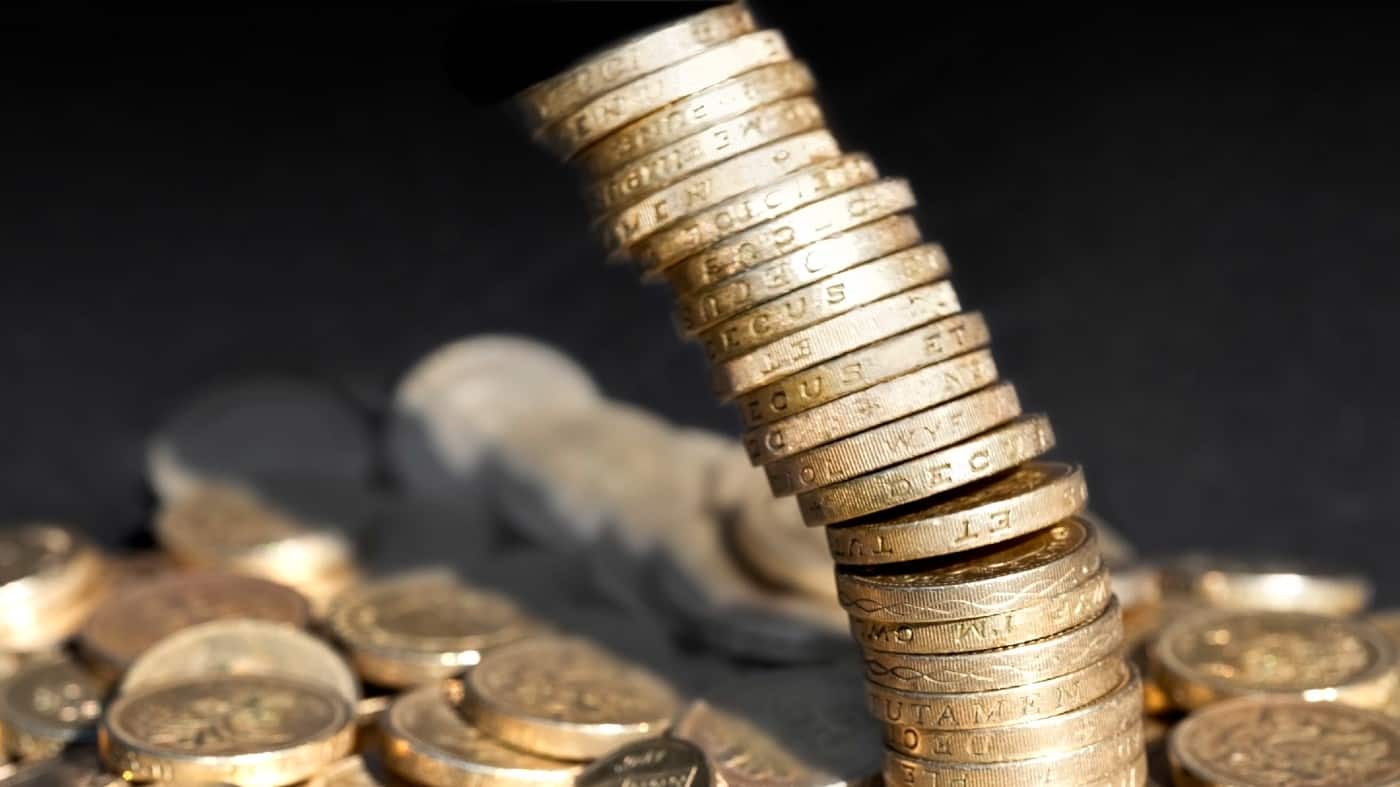At midday, the Bank of England (BoE) elected to raise interest rates by 25 basis points, in a decision likely to cause plenty of movement on the stock market. The announcement was planned. And analysts had been forecasting a rise of either 25 to 50 basis points, taking the BoE base rate to either 5.25% or 5.5%.
So what does higher interest rates mean for my investments?
Higher rates and the market
The relationship between interest rates and stocks is complex and can be influenced by various other factors in the economy. It’s worth highlighting that analysts also have access to the vast majority of data that the BoE does. As such, it’s possible to make educated forecasts concerning the next move by the UK’s central bank.
As such, in most instances, interest rate increases are already anticipated and priced into the market. When forecasts for rate changes are divided, the market typically incorporates a middle-ground scenario. For today’s forecast, with predictions ranging from 25 basis points to 50 basis points, and the former being deemed more probable, the market would likely have factored in a hike of around 30-35 basis points.
What does it mean for investments?
Higher interest rates can have both positive and negative implications for stock investments. But it very much depends on the context, the forecast, and the shares in question.
In a broad sense, higher interest often increase the attractiveness of fixed-income investments, such as gilts, versus stocks. This creates downward pressure on share prices. As bond yields increase, the gap between potential returns from stocks and bonds narrows. This can make bonds more attractive compared to stocks. This is especially the case for investors with lower risk tolerance or those looking for more stable income.
In the current economic climate, there is also concern that raising interest rates too much may trigger a downgrade of the economic outlook. According to reports, people in the Treasury are particularly worried that the bank’s tightening may cause a hard landing. This is something that had been off the table for a while. Slow or negative economic growth is rarely positive for stocks.
Additionally, it is crucial to note that the Bank of England’s commentary will play a significant role in shaping afternoon share price movements. If the BoE indicates that inflation is subsiding rapidly, it may provide a boost to shares.
Sector specifics
Banks are particularly sensitive to changes in interest rates, and higher rates usually enable them to expand their net interest margins. However, they face pressure to pass on these benefits to their savings customers.
The significant rate hikes have also placed borrowing customers in a tight spot, leading to potential difficulties in meeting repayment obligations. Consequently, banks may need to set aside funds to cover potential bad debt, further impacting their financial position.
Interest rate changes have wide-ranging effects on various companies, with indebted or growth-dependent firms often facing the greatest impact. In contrast, companies like Greggs, boasting a net cash position, enjoy an advantage during periods of rising interest rates.
Their debt-free status shields them from increased interest expenses, contributing to a perception of stability and lower risk for investors. Consequently, companies with strong financial positions, such as Greggs, may command a premium in the market compared to heavily indebted counterparts like Wizz Air, as interest rates rise.








